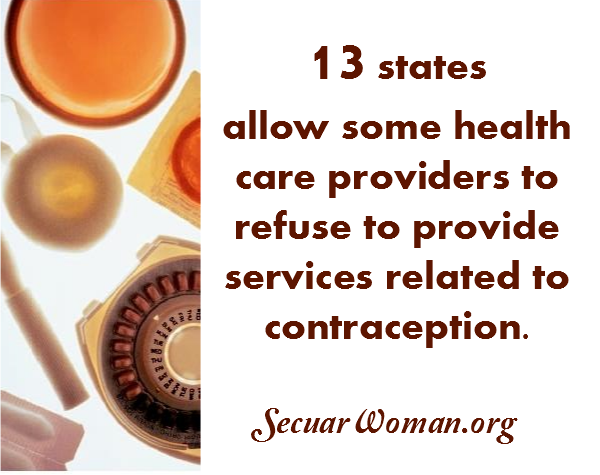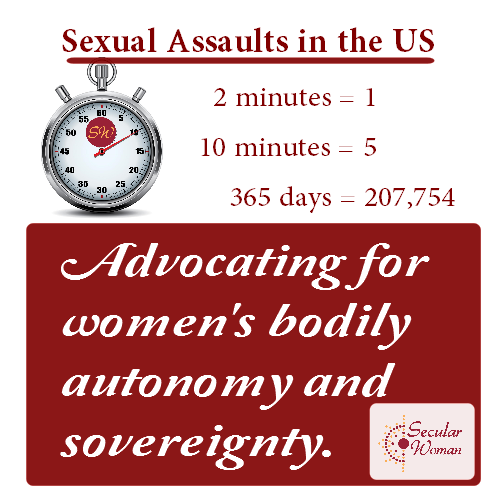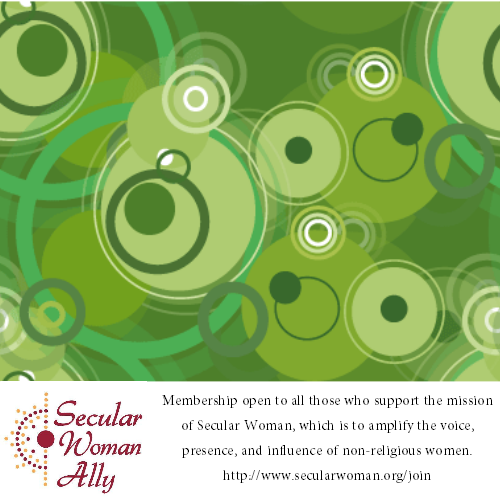God(s) and the Null Hypothesis
By Dr. Kristi Winters
‘So why don’t you believe in god?’
‘Because I accept the null hypothesis,’ is the reply I would like to give, but that might sound like a non sequitur. Yet the null hypothesis is the perfect starting point to investigate the existence of pretty much anything. It assumes that there is no relationship between x and y. An alternative hypothesis would posit that a relationship between x and y exists. Evidence is reviewed and we determine whether it is sufficient to allow us to reject the null hypothesis and accept the alternative.
Why is the null hypothesis so important? It keeps us intellectually honest.
Human beings are amazing, we really are. We have the innate ability to make observations of the world and connect different events together in ways that provide powerful insights and knowledge and can transform human life. In the 1906 Typhoid Mary case, George Soper used science and deduction to reveal the existence of asymptomatic disease carriers, a concept that hadn’t – until that moment in time – existed. In August of 2013, over 100 years later, a study was published that explains the mystery of how people can carry dangerous pathogens but not fall ill from the disease (Huffington Post 2013).
But humans are unreliable amateur scientists because of our natural biases. We have a tendency to think that correlation implies causation (Jaffe 2010) and that particular error produces no end of superstitious beliefs: never stepping on the foul line of a baseball field is an example of a sports superstition (Reuter 2011).
Humans think they intuitively understand probability, but sadly most people don’t realize how at it bad they really are. New York’s stop and frisk policy relies on the idea that associations between race and crime that are found at the geographic level will also be found at the individual level. In other words they assume because areas of higher crime rates also have higher minority populations that by stopping more minorities in those high crime areas they are more likely to find potential criminals. That is what is known as an ecological fallacy.
The resulting evidence even proves it is a fallacy: 2012 stop and frisk statistics show that whites possessed guns and contraband at far higher rates than either blacks or Latinos. The ratio of stops to gun possession was for 1:48 for whites 1:71 for Latinos and 1:93 for African Americans. For contraband whites topped the list at a rate of 1 in 43 stops compared with 1 in 57 for Latinos and 1 in every 61 stops for blacks (TV-Novosti 2013). Yet many people refuse to accept that this ‘logical’ application of aggregate level associations will not be found when you stop individuals, even when the evidence shows it doesn’t appear. Our emotional attachment to our fallacies can cloud our minds even when the empirical evidence is beyond dispute.
This is why people ought to evaluate the existence of gods using the null hypothesis. I mentioned that the null hypothesis is most often used to evaluate causal relationships between phenomena. It can easily be applied to the existence of supernatural beings such as gods. I will provide a null (HO) and alternative hypothesis (HA):
HO: Gods do not exist.
HA: Gods exist.
Simple enough, right? But the atheist’s job is not done there because a theist might want to take up the challenge. The issue, then, is what is to be considered evidence of a god or gods? Two things are important here. The first depends on the definition of ‘god’ the theist gives. I’m not going to engage with the various definitions of god here, I must leave that to the theists rather than attempt to speak for them. I want to focus on the second, what constitutes evidence of existence, and offer some thoughts.
One definition of evidence is ‘the available body of facts or information indicating whether a belief or proposition is true or valid.’ (Oxford Dictionaries 2013, p. 2) In science all evidence must be observable. Inferences in isolation are not evidence in science. Consider this: science posited the idea of the Higgs-Boson particle in 1964, but that was not sufficient evidence of its existence. That was not confirmed until March of 2013 and it was based on observation. All claims about the universe requiring something supernatural to start it can be thrown out unless are accompanied by observable physical evidence of the supernatural starting the natural universe.
Another criterion is that any claim must apply equally to all those who make it. Theists might point to a holy book as evidence for their god. The problem is that there are many gods written about in many books. If the theists want to introduce a book as evidence of existence then ALL books about gods must also count as evidence of their existence. Science doesn’t allow for special pleading (Curtis, n.d.), so either all human works about gods are in and they are all equally valid, or they are all out.
I would also note that the natural world cannot be evidence of the supernatural. There is no valid reason to accept natural events as evidence of anything other than natural processes because the supernatural, by definition, is not natural. It is as non-natural as one can get. Therefore, pointing to the existence of the human eye is not evidence of the existence of supernatural gods.
Rare events, those that are highly improbable, are not supernatural events either. There are merely highly unlikely. Clearly a highly improbable event cannot be a miracle because we can and do we can estimate the probability of their occurrence. I’ll quote comedian Tim Minchin (2009) who joked about the idea that giving birth identical quadruplet girls – a 1 in 64 million chance event – was a miracle: ‘Things that have a ‘1 in 64 million chance of happening’ happen all the time. To presume that your 1-in-64-million-chance thing is ‘a miracle’ is to significantly underestimate the total number of things that there are.’
After establishing a fair and reasonable basis for what constitutes legitimate evidence of gods what one is left with is a lack of any evidence. Without sufficient evidence to the contrary, we must hold to the null hypothesis: gods do not exist. This is not an emotional decision. I’m not denying or rejecting anything. I’m merely observing the fact that there is no evidence of gods that allow me to accept the alternative hypothesis.
It is what science does every day. And it seems to me if gods really did exist, providing evidence of their existence wouldn’t be so hard.
Online Sources
Curtis, Gary. No date. ‘Special pleading at the Fallacy Files.’ Available online at: http://www.fallacyfiles.org/specplea.html
Huffington Post. 2013. 'Typhoid Mary' Mystery May Have Been Solved At Last, Scientists Say.’ Available online at: http://www.huffingtonpost.com/2013/08/17/typhoid-mary-mystery-solved_n_3762822.html
Jaffe, Adi. 2010. ‘Correlation, causation, and association – What does it all mean???’ Available online at: http://www.psychologytoday.com/blog/all-about-addiction/201003/correlation-causation-and-association-what-does-it-all-mean
Minchin, Tim. Uploaded 2009. ‘Tim Minchin on Religion.’ Available online at: http://www.youtube.com/watch?v=uZ_9dEPBHQQ
Oxford Dictionaries. 2013. ‘Evidence.’ Available online at: http://oxforddictionaries.com/definition/english/evidence
Reuter, Joel. (2011) ‘MLB Power Rankings: The 50 Strangest Superstitions and Rituals in Baseball.’ Available online at: http://bleacherreport.com/articles/677898-mlb-power-rankings-the-50-strangest-superstitionsrituals-in-baseball-history
TV-Novosti. 2013. ‘NYC stop-and-frisk data: Whites more likely to carry weapons and drugs.’ http://rt.com/usa/stop-frisk-whites-drugs-weapons-667/
This article was edited on 05 September 2013.



